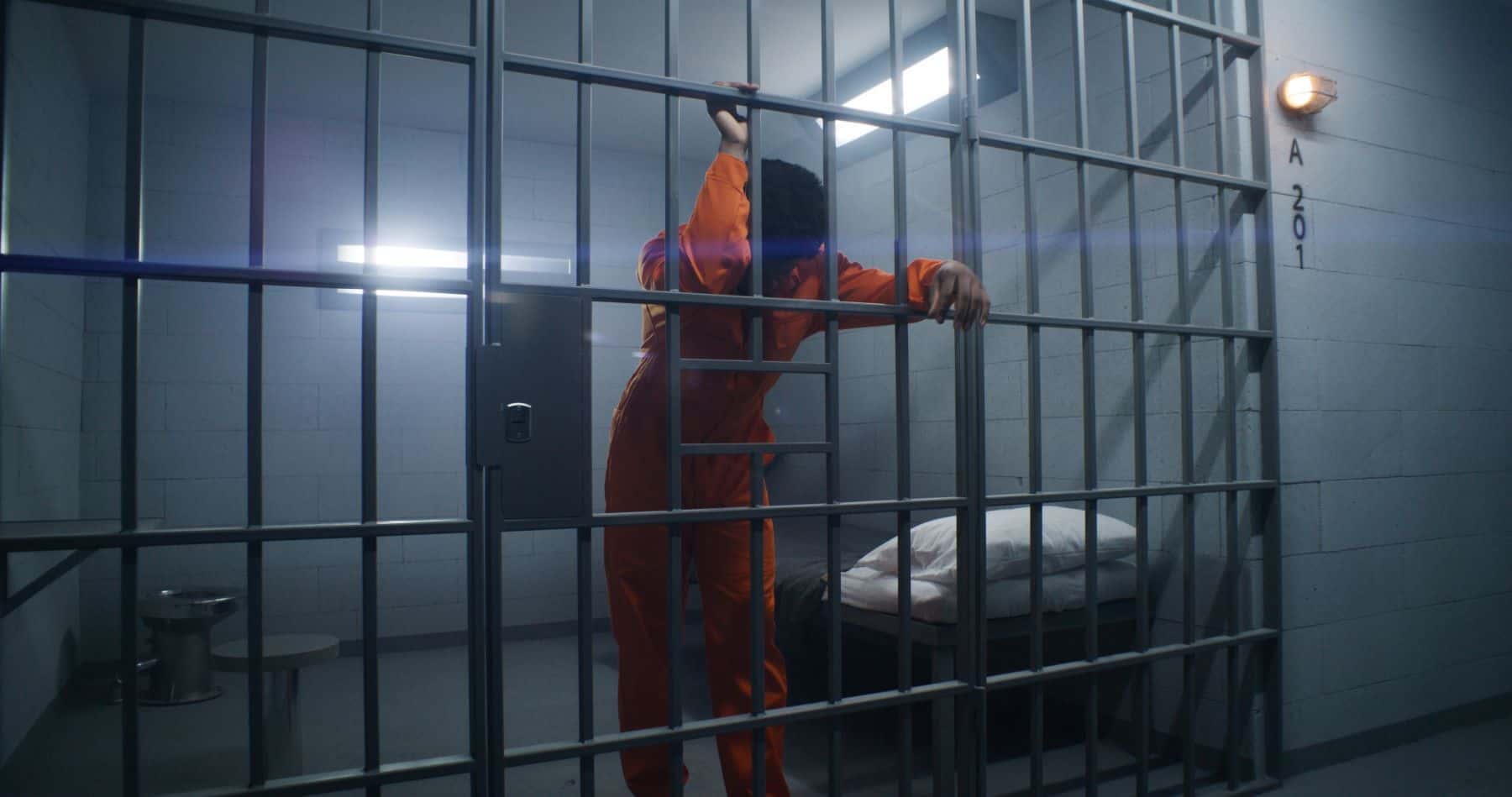Implicit Bias in Nine-Year Pretrial Detention
This case study examines a nine-year pretrial detention of an African American man, highlighting allegations of racial bias and inadequate investigation by law enforcement.
Updated on
Case Overview
This case study delves into an incident involving an African-American man who was held in pretrial detention for nine years on suspicion of murdering a young woman.
Despite no conviction, he remained incarcerated until his eventual acquittal and release. Allegations surfaced suggesting that racial bias influenced the decision to target him as a suspect.
Further claims indicated that the law enforcement investigation was inadequately conducted, leading to his prolonged detention.
An expert with experience in facilitating implicit bias training for police departments and other law enforcement agencies was consulted.
Questions to the expert and their responses
How often do you conduct implicit bias training for police departments and/or other law enforcement agencies?
With 29 years of law enforcement experience under my belt, I have been conducting implicit bias training since 2015.
Through my company, I offer monthly training sessions to various entities including police officers, community members, and businesses. These sessions focus on understanding implicit bias’ influence on decision-making processes.
What are the most pertinent factors you would need to consider to determine the scope of bias during the investigation in question?
To gauge the extent of potential bias during this investigation, several key factors must be considered.
Firstly, it’s crucial to understand what led investigators to focus on this individual as a suspect. Secondly, determining whether the investigation was conducted with a mindset of proving guilt or innocence is vital. If there were other potential suspects, how they were investigated also played a significant role.
In cases where implicit bias is at play, investigations can become so narrowly focused that reasonable defenses are dismissed. Evidence capable of proving innocence can be overlooked or misinterpreted.
About the expert
This expert boasts extensive experience in criminal justice and law enforcement, underpinned by a BS in Criminal Justice from a reputable university. They previously held a high-ranking position at a major city police department, specializing in investigations and special operations. Currently, they lead training for a standards commission and own a procedural justice training service, further solidifying their expertise in the field.

E-1052567
Specialties:
About the author
Subscribe to our newsletter
Join our newsletter to stay up to date on legal news, insights and product updates from Expert Institute.
Sign up nowFind an expert witness near you
What State is your case in?
Subscribe to our newsletter
Join our newsletter to stay up to date on legal news, insights and product updates from Expert Institute.



